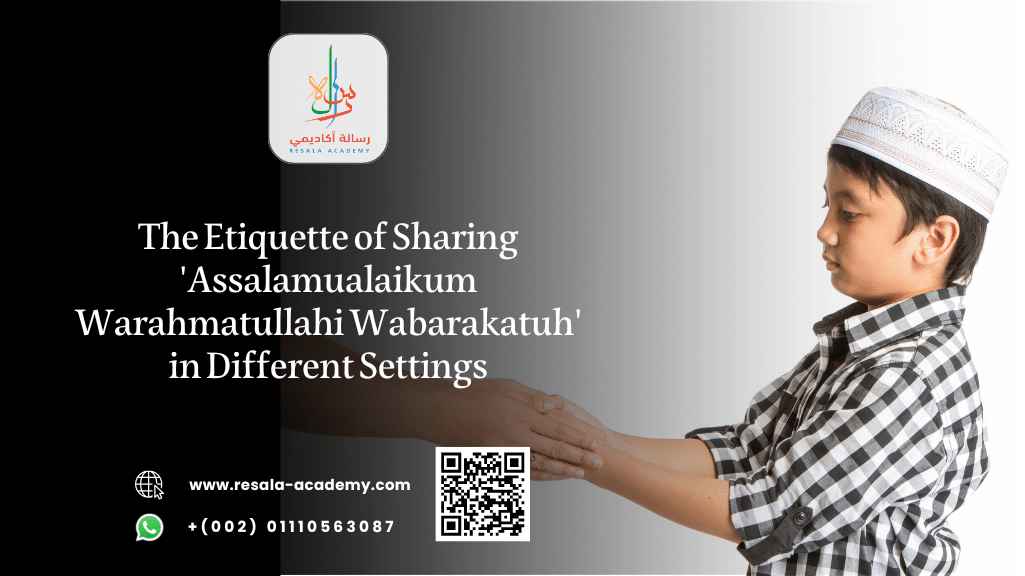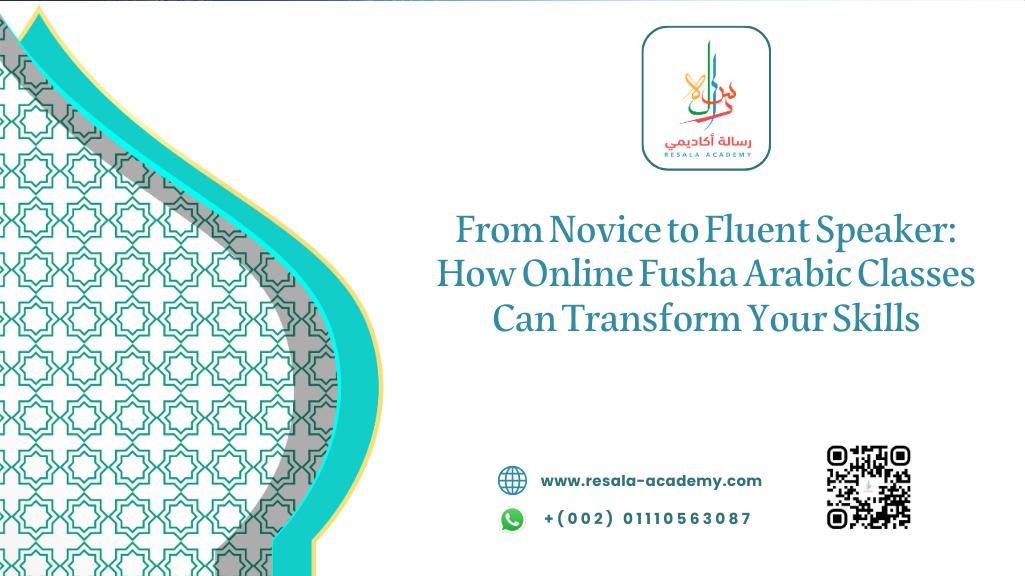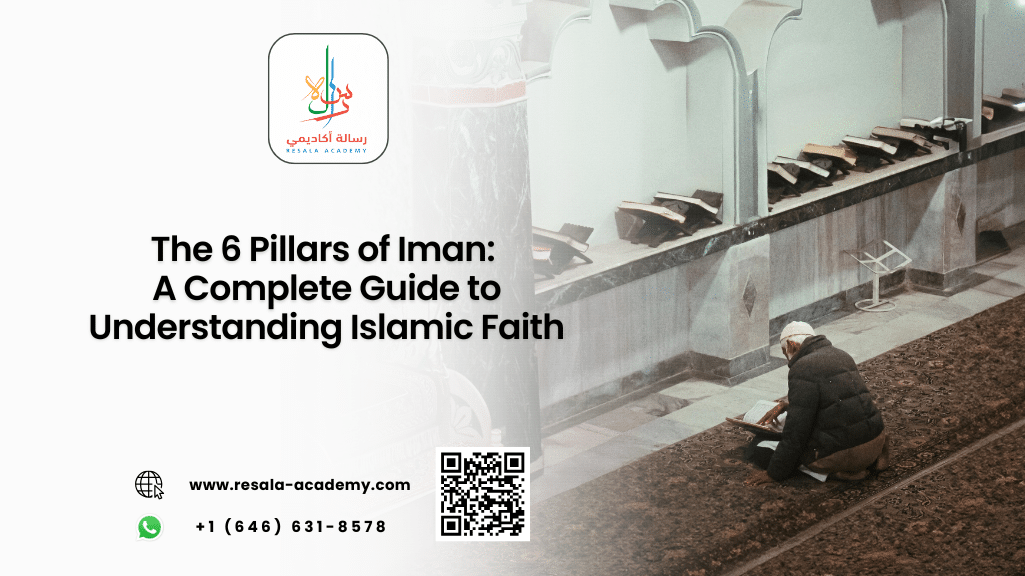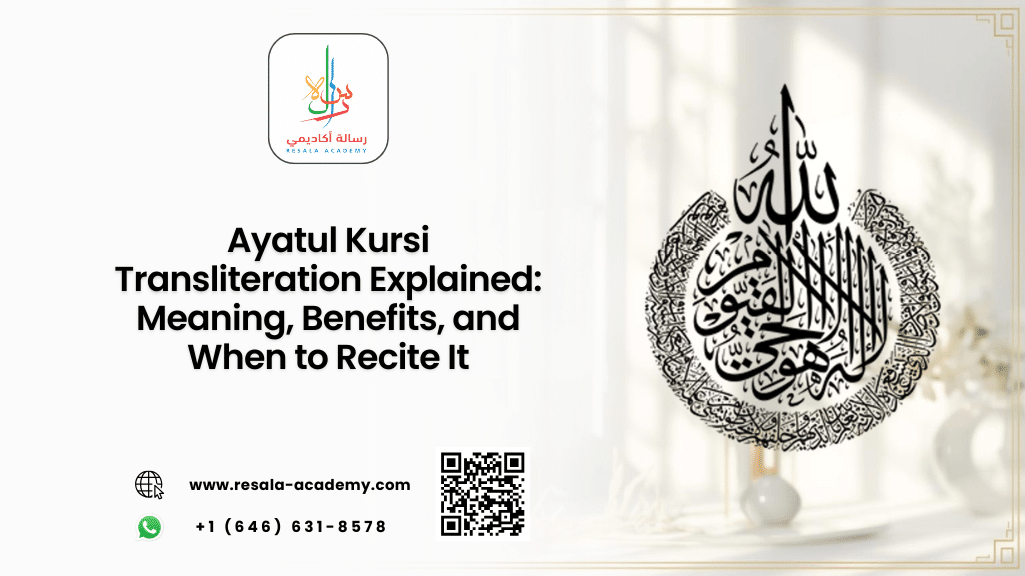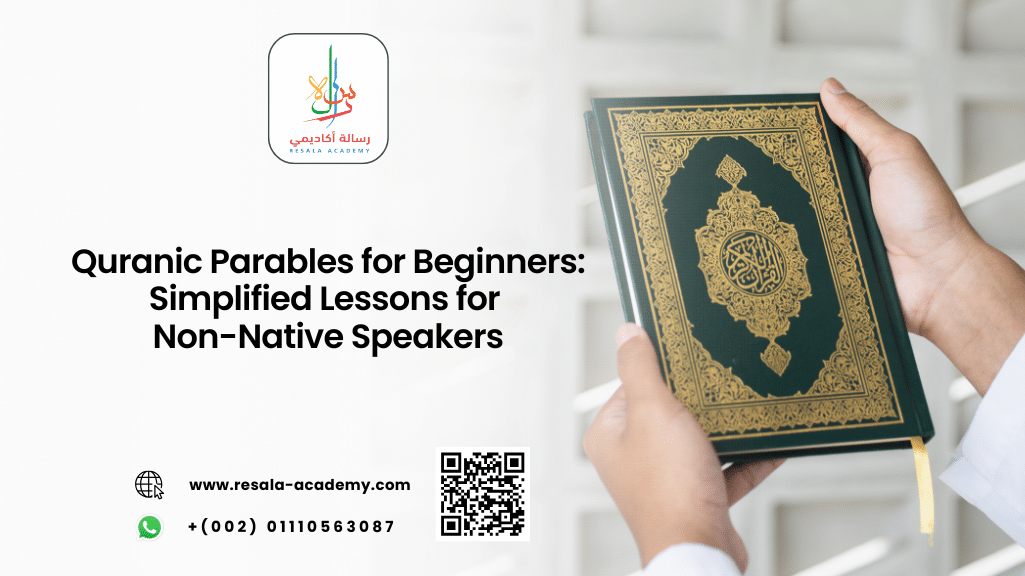Table of Contents
The Etiquette of Sharing 'Assalamualaikum Warahmatullahi Wabarakatuh' in Different Settings
Greeting others is an essential part of Islamic culture, and one phrase stands out in its significance: “Assalamualaikum Warahmatullahi Wabarakatuh.” This beautiful greeting conveys peace and blessings, embodying the spirit of goodwill among Muslims.
Understanding how to appropriately share this greeting across different settings enriches our interactions with fellow believers. From casual encounters to formal gatherings, knowing when and how to say “Assalamualaikum Warahmatullahi Wabarakatuh” fosters a sense of unity.
Let’s explore the etiquette surrounding this profound expression of goodwill while deepening our appreciation for its spiritual essence.
Introduction to Assalamualaikum Warahmatullahi Wabarakatuh
“Assalamualaikum Warahmatullahi Wabarakatuh” is a beautiful Islamic greeting that translates to “Peace be upon you and the mercy of Allah and His blessings.” It reflects a profound sense of community, respect, and goodwill among Muslims.
The significance of this greeting is highlighted in the Quran:
“And those who were mindful of their Lord will be led to Paradise in ˹successive˺ groups. When they arrive at its ˹already˺ open gates, its keepers will say, “Peace be upon you! You have done well, so come in, to stay forever.” (Quran 4:86).
Using this phrase fosters connection and positivity within our communities. Whether used among friends, family, or strangers, saying “Assalamualaikum Warahmatullahi Wabarakatuh” cultivates an atmosphere filled with peace and brotherhood.
Proper Pronunciation of Assalamualaikum Warahmatullahi Wabarakatuh
Proper pronunciation of “Assalamualaikum Warahmatullahi Wabarakatuh” is essential to convey its meaning effectively. This phrase translates to “Peace be upon you and the mercy of Allah and His blessings.” Each part carries significant weight, reflecting the warmth and respect in Islamic greetings.
To pronounce it correctly, break it down into syllables: As-sa-la-mu-a-laikum Wa-ra-ma-tul-la-hi Wa-ba-ra-ka-tu-h. Practice each segment slowly before combining them for a smooth flow.
Listening to native speakers or reputable online resources can also aid your learning process. Remember that clarity is key; even if you’re not perfect, the intention behind your greeting will shine through when spoken with sincerity.
Understanding the Essence of Assalamualaikum Warahmatullahi Wabarakatuh
The phrase “Assalamualaikum Warahmatullahi Wabarakatuh” carries profound meaning in Islamic culture. It represents a heartfelt wish for peace, mercy, and blessings. Understanding its essence deepens our connection to each other as believers.
– Peace (Salam): It initiates a state of tranquility and safety, emphasizing harmony among individuals.
– Mercy (Rahmah): Reflects God’s compassion, encouraging kindness and understanding in interactions.
– Blessings (Barakah): Invokes divine favor, promoting a sense of gratitude and positivity.
Embracing this phrase fosters unity within the community and enhances interpersonal relationships. To explore more about such meaningful expressions, consider enrolling in online classes at Resala Academy. Discover how these teachings can learn Islam online today!
The Prophetic Tradition of Exchanging Greetings
The tradition of exchanging greetings holds a significant place in Islamic culture. The Prophet Muhammad (peace be upon him) emphasized the importance of saying “Assalamualaikum Warahmatullahi Wabarakatuh” as a means to foster goodwill and compassion among individuals in the Sunnah. This greeting is more than just words; it reflects the essence of brotherhood and unity within the Muslim community.
When Muslims greet one another, they not only wish for peace but also invoke Allah’s mercy and blessings. Engaging in this practice creates an atmosphere filled with positivity, encouraging kindness and respect among people.
Moreover, sharing such greetings can help break barriers between strangers while reinforcing connections within families and communities. It serves as a reminder that every interaction is an opportunity to spread peace and goodwill in our daily lives.
Responding with Waalaikumsalam Warahmatullahi Wabarakatuh
When someone greets you with “Assalamualaikum Warahmatullahi Wabarakatuh,” responding appropriately is essential. The correct reply is to say “Waalaikumsalam Warahmatullahi Wabarakatuh.” This exchange of greetings fosters a sense of community and mutual respect among Muslims.
Responding in this manner not only acknowledges the greeting but also reflects your understanding of Islamic etiquette. It reinforces the bond between individuals, emphasizing kindness and goodwill. Every time you reciprocate this greeting, you are engaging in an important aspect of Islamic culture.
It’s significant to say it sincerely, as these words carry blessings. By sharing such phrases, we cultivate a more harmonious environment and uplift our spirits collectively within our communities.
The Spiritual Rewards of Greeting One Another
Greeting one another with “Assalamualaikum Warahmatullahi Wabarakatuh” holds profound spiritual significance in Islam. Each greeting fosters a sense of community and connection among believers.
• It cultivates peace and harmony, creating an atmosphere of mutual respect.
• The act promotes love and unity within the Muslim community, strengthening bonds.
• Engaging in this practice earns divine blessings from Allah, enhancing one’s spirituality.
• Greeting others encourages kindness and compassion, reflecting Islamic values in daily life.
Embrace these teachings to enrich your faith journey. Explore more about the essence of greetings through Resala Academy’s online Islamic classes that delve deeper into such rewarding practices for personal growth and understanding.
Embracing the Beauty of Islamic Greetings in Daily Life
Islamic greetings like “Assalamualaikum Warahmatullahi Wabarakatuh” serve as a beautiful reminder of our shared humanity. They encourage kindness, respect, and compassion in our everyday interactions. By embracing these greetings, we cultivate an atmosphere of peace and belonging.
As stated in the Quran: “And when you are greeted, respond with a better greeting or at least similarly. Surely Allah is a ˹vigilant˺ Reckoner of all things.” (Quran 4:86).
This verse emphasizes the importance of responding to greetings with warmth and sincerity. A simple greeting can uplift spirits and strengthen community bonds.
Incorporating Islamic greetings into daily life fosters unity among people. It reflects our values and enhances interpersonal relationships, creating a welcoming environment for everyone around us. Whether at work or home, let’s make this practice a part of our routine.
Deepen Your Understanding of Islam: Enroll in Resala Academy’s Online Islamic Studies Course Today!
Deepen your understanding of Islam and enhance your spiritual journey with Resala Academy’s Online Islamic Studies Course. This program is designed to provide you with a comprehensive insight into the teachings of Islam, covering essential topics such as theology, ethics, and Islamic history.
Engaging with knowledgeable instructors in an interactive online setting allows for a rich learning experience. You can explore various aspects of your faith at your own pace while connecting with fellow learners who share similar interests.
Whether you’re new to Islamic studies or looking to expand your knowledge, this course will empower you on both personal and spiritual levels. Enroll today and take the first step toward enriching your understanding of Islam through structured learning.
FAQs
1. What does “Assalamualaikum Warahmatullahi Wabarakatuh” mean?
It translates to “May peace, mercy, and blessings of Allah be upon you.” This greeting embodies goodwill and is often exchanged among Muslims.
2. How should I respond if someone greets me with it?
The appropriate response is “Waalaikumsalam Warahmatullahi Wabarakatuh,” which means the same for them. It’s a mutual exchange that fosters connection.
3. Is there specific etiquette for using this greeting in different settings?
Yes, context matters. In formal situations, use it respectfully; in casual encounters, feel free to embrace its warmth without hesitation. Each setting may call for slight variations in tone or formality while maintaining the essence of the message.
Conclusion
Understanding and sharing the greeting “Assalamualaikum Warahmatullahi Wabarakatuh” is essential in fostering a spirit of peace and goodwill among Muslims. This beautiful phrase, meaning “May peace, mercy, and blessings of Allah be upon you,” carries profound significance.
Embracing this greeting across various settings—whether at home, work, or community gatherings—strengthens our bonds as believers. Practicing proper pronunciation enhances its beauty and conveys respect for this cherished tradition.
As we engage with one another using this salutation, we not only follow the teachings of Prophet Muhammad (peace be upon him) but also reap spiritual rewards. By exchanging greetings regularly, we cultivate an atmosphere filled with warmth and compassion.
To deepen your understanding of Islamic practices related to greetings—and much more—consider enrolling in Resala Academy’s Online Islamic Studies Course today. It’s a step towards enriching your knowledge and enhancing your connection with Islam.
